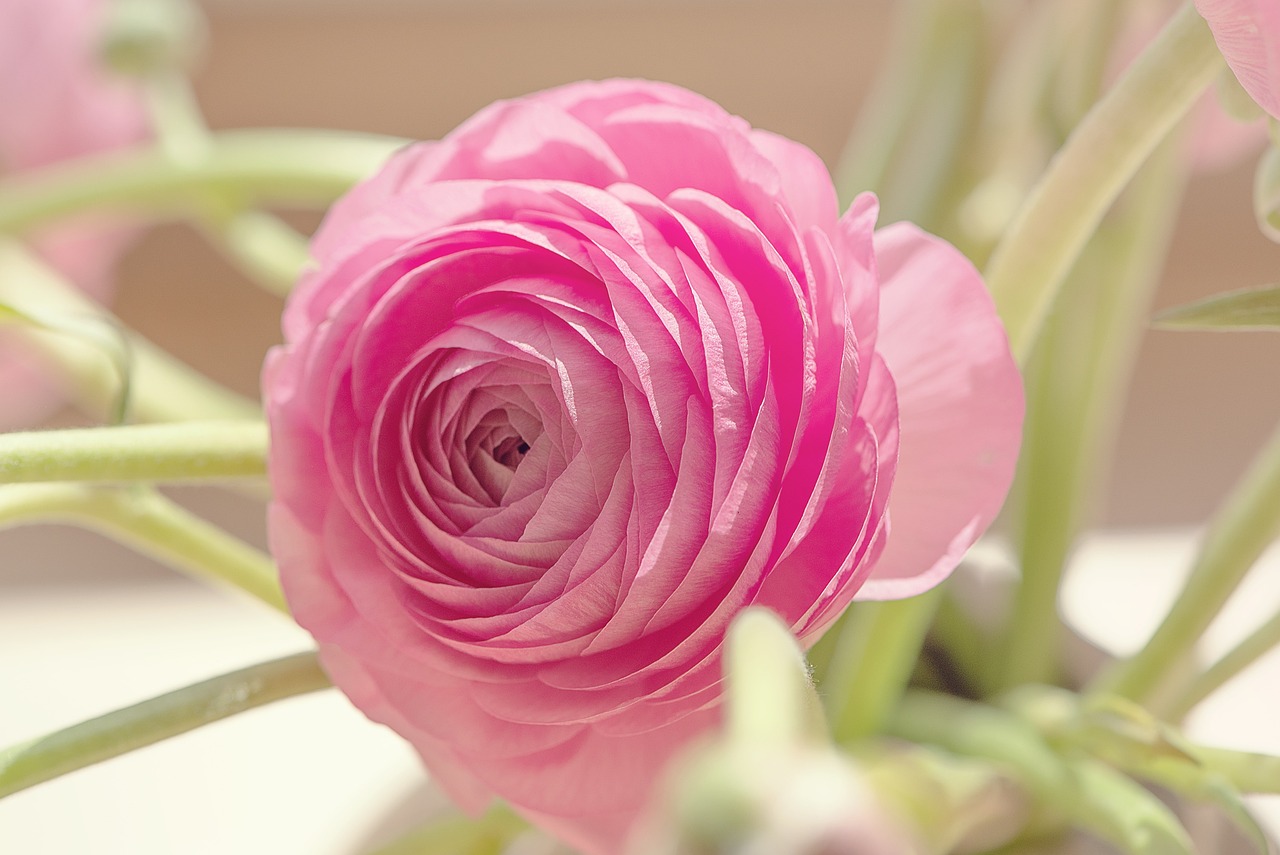Do Ranunculus Bulbs Multiply?
Do Ranunculus Bulbs Multiply? Imagine a world bursting with vibrant colors, where nature paints its canvas with delicate petals of joy. In this enchanting landscape, there’s a flower that stands out among the rest—the magnificent ranunculus. With its luscious layers of petals and captivating hues, the ranunculus captivates hearts and ignites a desire to know … Read more

